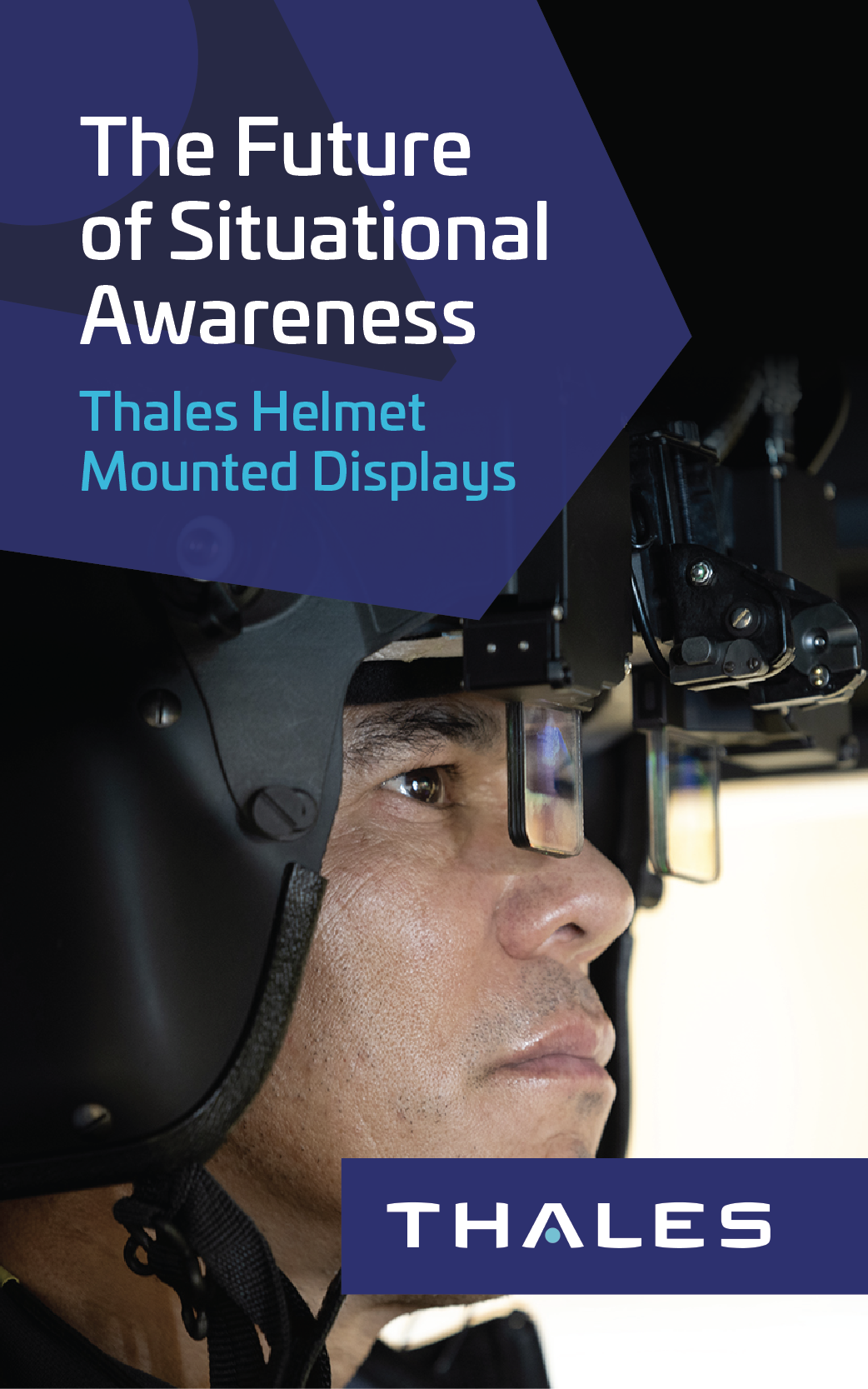 Photo By Kelly Morris | Rodney L. “Sande” Sangsland is joined by his wife Gladysa, daughter Rachael, granddaughter Lucy, and son-in-law Lt. Col. Nolan D. Roggenkamp, after taking his final flight in a Black Hawk helicopter at Fort Novosel’s Lowe Army Heliport June 20, 2023.
Photo By Kelly Morris | Rodney L. “Sande” Sangsland is joined by his wife Gladysa, daughter Rachael, granddaughter Lucy, and son-in-law Lt. Col. Nolan D. Roggenkamp, after taking his final flight in a Black Hawk helicopter at Fort Novosel’s Lowe Army Heliport June 20, 2023.
FORT NOVOSEL, AL, UNITED STATES
06.29.2023
Story by Kelly Morris
U.S. Army Aviation Center of Excellence
After more than 54 years of combined federal service, Rodney L. “Sande” Sangsland made his final landing in a UH-60 Black Hawk helicopter at Fort Novosel’s Lowe Army Heliport June 20, 2023.
He previously retired from active duty as a chief warrant officer five after more than 33 years of service, and then served as a Department of the Army civilian helicopter flight instructor at the U.S. Army Aviation Center of Excellence for more than 20 years. He has spent the past 11 years training rated aviators to transition to the M model UH-60 Black Hawk.
In Army Aviation, he did more than set a standard, he wrote the book on it: in his final active duty assignment as utility branch chief at the Directorate of Evaluation and Standardization, he provided the basic training requirements for what would become the Flight School XXI program, and then became the standardization officer at the 1st Battalion, 212th Aviation Regiment implementing the program. His work continues to impact undergraduate and graduate level UH-60A/L/M aviators who train at Lowe.
“Mr. Sangsland’s dedication and professionalism are unmatched by the instructors around him and serves as a standard to emulate at all levels of flight training. Sande is a foundational asset to the members of Foxtrot Company, 1-212th Aviation Regiment, 110th Aviation Brigade, the Aviation Center of Excellence, and the federal service,” said Capt. Jesslyn F. Clark, commander of Company F, 1st Battalion, 212th Aviation Regiment.
Sanglsand was a product of the Greatest Generation. His parents were born in the early 1900s and belonged to an era renowned for its patriotism, self-discipline, dedication and strong character — a generation that endured the Great Depression and viewed military service as one’s patriotic duty.
In a large family of 13 siblings, Sangsland had older brothers who served across multiple eras and conflicts including during World War II and Korea.
“Parents of World War II soldiers were giving people, but they were hardened. They stood steady,” he said. “The mentality now is more (focused on self) instead of giving to the nation. What you give is such a small part when you look at the whole. (Military service) really gives you a love for your country.”
In the late 1960s, Sangsland was at a point he felt his life wasn’t going anywhere. “I was going to college but I didn’t know what I wanted to do. They were having sit-in’s and love-in’s and all the protesting, and I didn’t want any part of that.”
He decided: “I’ll go do something for my country.”
In those days military service was what people did, he said.
“Everybody went into the military. It made boys grow up. Now we have kids at 25 (years old) still living at home. At (that age) I was training Greek military personnel in Greece in the Greek language,” he said.
He initially enlisted in the Army in 1969 as an infantryman and became a light and heavy weapons specialist. He served with the 10th Special Forces Group, with Greece as his area of interest. He became SCUBA and HALO qualified, and was the distinguished graduate of the NCO Academy and Ranger Course, earning the Merrill’s Marauders award. He went to several language schools learning Greek, Thai, and Spanish with ease. Sangsland also trained students for the School of the Americas as a Spanish Airborne instructor.
“It was a lot of fun,” he said, noting the camaraderie and the travel.
He planned to serve for only a few years, but the Army turned out to be more than he expected. Sangsland’s experience at his first unit is what made him decide to stay in the Army.
“I skied Mount Olympus in Greece, all the way up to 12,000 feet. That’s where Zeus lives — I didn’t find him when I was up there,” he said with a smile. “I reenlisted after that trip.”
He served with Special Forces for eight years, including in Panama and in Central and South America.
In the late 1970s, he served with the U.S. Army Parachute Team known as the Golden Knights, and enjoyed not just the precision jumping, but also the professionalism.
“Here’s another wonderful job, probably the best job an enlisted person can have,” he said. “The team was extremely professional, you had to have a spotless record — you represented the Army, and had to be cordial. It was all manners, always clean cut,” he said. “It was a mission I was very proud to do.”
In 1979, Sangsland’s military journey brought him to Fort Novosel (then-Fort Rucker), where he became a warrant officer aviator flying the UH-1 Huey. He soon became qualified in the Black Hawk helicopter. He deployed in support of Operation Urgent Fury in Grenada, where he earned an Air Medal with Valor.
In the mid-1980s, he served as a Spanish speaking UH-1 instructor pilot for the U.S. Special Operations Command El Salvadoran Co-pilot course (Huey helicopters) at Fort Novosel. His focus then returned to the Black Hawk, completing the instructor pilot course and eventually becoming a standardization pilot. He served as a method of instruction platoon leader. He developed and taught the first Spanish UH-60 aircraft qualification and IP courses for the Army. He also served in support of “Plan Colombia,” which aimed to combat drug cartels and insurgent groups.
He supported Operation Just Cause in Panama, which sought to restore a democratically elected government and remove a dictator who was wanted for drug trafficking charges. Sangsland was responsible for the standardization of multiple aircraft operations within USARSO. He developed and implemented the Command Rotary Wing Environmental Training Program for the UH-60 including mountain flying, dunker, deck operations and high-altitude flying operations (flying with oxygen up to 18,000 feet).
In the early 1990s, Sangsland returned to Fort Novosel as a Directorate of Evaluation and Standardization subject matter expert for the UH-60.
He served in Heidelberg, Germany with 207th Command Aviation Company supporting the U.S. Army Europe commander. He planned and executed the helicopter deployment to Bosnia-Herzegovina for commander stabilization force support (NATO operation), establishing operations in Sarajevo, and maintained a split-based standardization program between the Central Region and Sarajevo during Operation Joint Endeavor.
In the late 1990s he returned to DES at Fort Novosel to become the utility branch chief. He represented the Center for Army Lessons learned in Albania and Kosovo, and also developed training requirements and provided oversight for the UH-60 AQC for the Colombian military.
After retiring from active duty, he worked as an Army civilian at 1-212th in various roles including as deputy standardization officer, instructor pilot, instrument examiner, and standardization pilot for the implementation of Flight School XXI.
During his time in federal service, Sangsland amassed more than 10,000 hours of flight time in the aircraft and simulator devices.
Sangsland said he was fortunate to have the support of his own loving family throughout his federal service, and to make career decisions together with them. His daughter Becky recently wrote in a social media post that she had always seen him as “just dad,” until other people explained what his career commitment to excellence really meant.
“You do realize that your dad is a Ranger too, right? And that he was the top graduate, Merrill’s Marauders? … Friends who were going through Flight School XXI would be studying their Blackhawk manuals and say, ‘You do realize your dad wrote this manual, right?’ Or when Perry and I first started dating and his pilot friends would say, ‘Sande? You mean the godfather of army aviation?’”
She wrote that Sangsland has lived “a life dedicated to something bigger than himself, bigger than all of us. A life dedicated to excellence in everything, whether big or mundane. A life of sacrifice, born of love for this country and what she stands for, what she can be. A life of service, faith, learning, and leading.”
Looking back on his career, Sangsland said the Army opened new opportunities, gave him a different palate including an affinity for exotic foods, and it also taught him tolerance.
“I’m much more accepting of people that look different than me,” he said. “You have to look at the character.”
The Army also gave him something that he believes young people need.
“What do the youth look forward to? They need a mission in life. Whatever that is, if it’s raising a family correctly, that’s a mission. Whatever you’re doing — if you can contribute and make it better and people are learning, it keeps you healthy,” he said.
In the Army, “you can have such a feeling of accomplishment. You don’t get it any place else,” he said.
When asked if there are any “takeaways” that he might leave on the dry-erase board for future generations of students when they cycle through the same classrooms and aircraft where he has instructed, his first thought was attributes of character and good judgment.
“The prevailing thing is truth,” he said. “Don’t lie. Don’t even shade the truth. No matter what the consequences are. Always, always be truthful — with your wife, in everything. Truth is paramount.”
He emphasized Army Values of loyalty, integrity and personal courage.
“Have the courage to speak the truth without being judgmental. It can be done in the smallest ways,” he said.
Those values show up even in even routine tasks and decision making.
“Yes, we need to fill out the book. The job’s not done until it’s done,” he said.
“And very small things, like a hard landing — if there’s a doubt, shut the aircraft down. So you find out there’s nothing wrong with the aircraft. That’s good,” he said.
Or, maybe a situation arises midair: “You have a bird strike. You saw something go streak across the windshield but you don’t know where it is. You think it’s gone. Did it go into the engine? You don’t know. Don’t continue flying. Land the aircraft,” he said.
He also emphasized thoroughness after the mission.
“Look the aircraft over. Someone else is going to be flying it next. Don’t just put your stuff on and leave. Check everything,” he said.
He also emphasized consistency and tenacity.
“Be tenacious to do what is right and to seek out what is right. You’ll recognize right when you see it. Uphold it. Live by it,” he said.
“Not every student can you teach all of that to. They come from so many backgrounds. But even in a small way if you just teach a part of it, they begin to understand it,” he said.
One nonnegotiable for Sangsland is a mandatory reading of Army Regulation 95-1 in its entirety.
“Regulations and procedures — when you know them you have freedom and confidence,” he said. “You read the books to know what the right and left limits are. This will guide your life as an aviator. You can have all kinds of freedom inside that. When you don’t know them, you’re always wondering ‘what am I doing? You’re always guessing.’”
And finally, be teachable.
“There have been people that have touched my life — they’ve said something that just made so much sense to me when I was doing something wrong,” he said. “When you realize that, make it right. Maybe you’re doing something wrong and it just hasn’t caught up with you yet, you know? When you know, start doing it right and pass it on.”
























